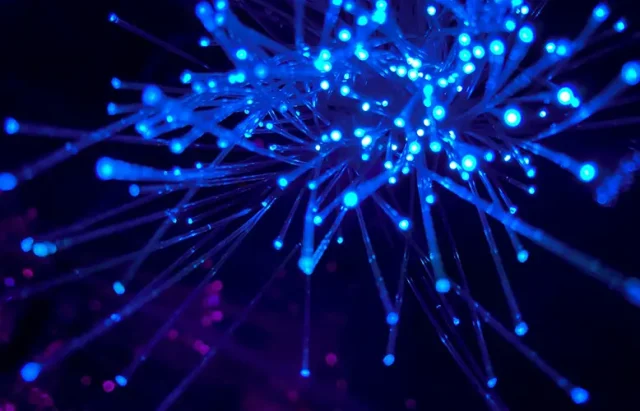
In a span of just a few decades, the internet has undergone a transformative journey, evolving from a niche tool used by academics and the military to an indispensable part of everyday life for billions around the globe. This article explores the remarkable evolution of the internet and how it seamlessly integrated into the fabric of modern society, becoming an essential aspect of daily routines.
The Birth of the Internet:
The Internet’s story begins in the 1960s with the ARPANET, a research project funded by the U.S. Department of Defense. Originally designed to facilitate communication between researchers and scientists, this early network laid the groundwork for the interconnected web we know today. The development of TCP/IP protocols in the 1970s standardized data transmission, setting the stage for the eventual expansion of the internet beyond its military origins.
The World Wide Web Emerges:
The introduction of the World Wide Web in the early 1990s marked a pivotal moment in the Internet’s evolution. Tim Berners-Lee’s creation allowed for the easy sharing and retrieval of information through a user-friendly interface. This breakthrough made the internet more accessible to the general public, setting off a wave of innovation and transforming the Internet into a platform for communication, commerce, and entertainment.
The Rise of Dial-Up:
During the late 1990s and early 2000s, many people experienced their first taste of the internet through dial-up connections. The distinctive sound of a modem connection became synonymous with the excitement of exploring this new digital frontier. However, the slow speeds and limited connectivity of dial-up were early challenges that users faced, foreshadowing the need for faster and more reliable internet access.
Broadband Revolution:
The 2000s witnessed a broadband revolution that forever changed the internet landscape. High-speed internet connections, delivered through cable, DSL, and later fiber optics, became widely available to consumers. This leap in technology not only dramatically increased internet speeds but also paved the way for bandwidth-intensive activities such as video streaming, online gaming, and the seamless sharing of multimedia content.
The Mobile Internet Era:
The evolution of the internet did not stop at desktops and laptops. With the advent of smartphones in the late 2000s, the internet became truly mobile. The proliferation of 3G, 4G, and now 5G networks has enabled people to access the internet anywhere, anytime, revolutionizing communication, social interaction, work practices and mobile gaming like slot machine online.
Social Media and Connectivity:
The rise of social media platforms in the mid-2000s further transformed the internet into a social hub. Facebook, Twitter, Instagram, and others connected people across the globe, fostering new forms of communication and community building. The internet became a space not only for information consumption but also for self-expression, collaboration, and the formation of virtual communities.
Internet of Things (IoT) and Smart Living:
In the present day, the internet extends beyond our devices to include everyday objects. The Internet of Things (IoT) has enabled the interconnection of smart devices, from thermostats and refrigerators to wearable gadgets. This interconnectedness has given rise to the concept of smart homes and cities, illustrating how the internet has become woven into the very fabric of our physical surroundings.
Conclusion:
From its humble beginnings as a research project to its current status as an integral part of everyday life, the internet’s evolution has been nothing short of extraordinary. As technology continues to advance, the internet will undoubtedly undergo further transformations, shaping the way we live, work, and connect. What started as a tool for a select few has become an indispensable aspect of the human experience, illustrating the profound impact of the internet on the evolution of society in the 21st century.





